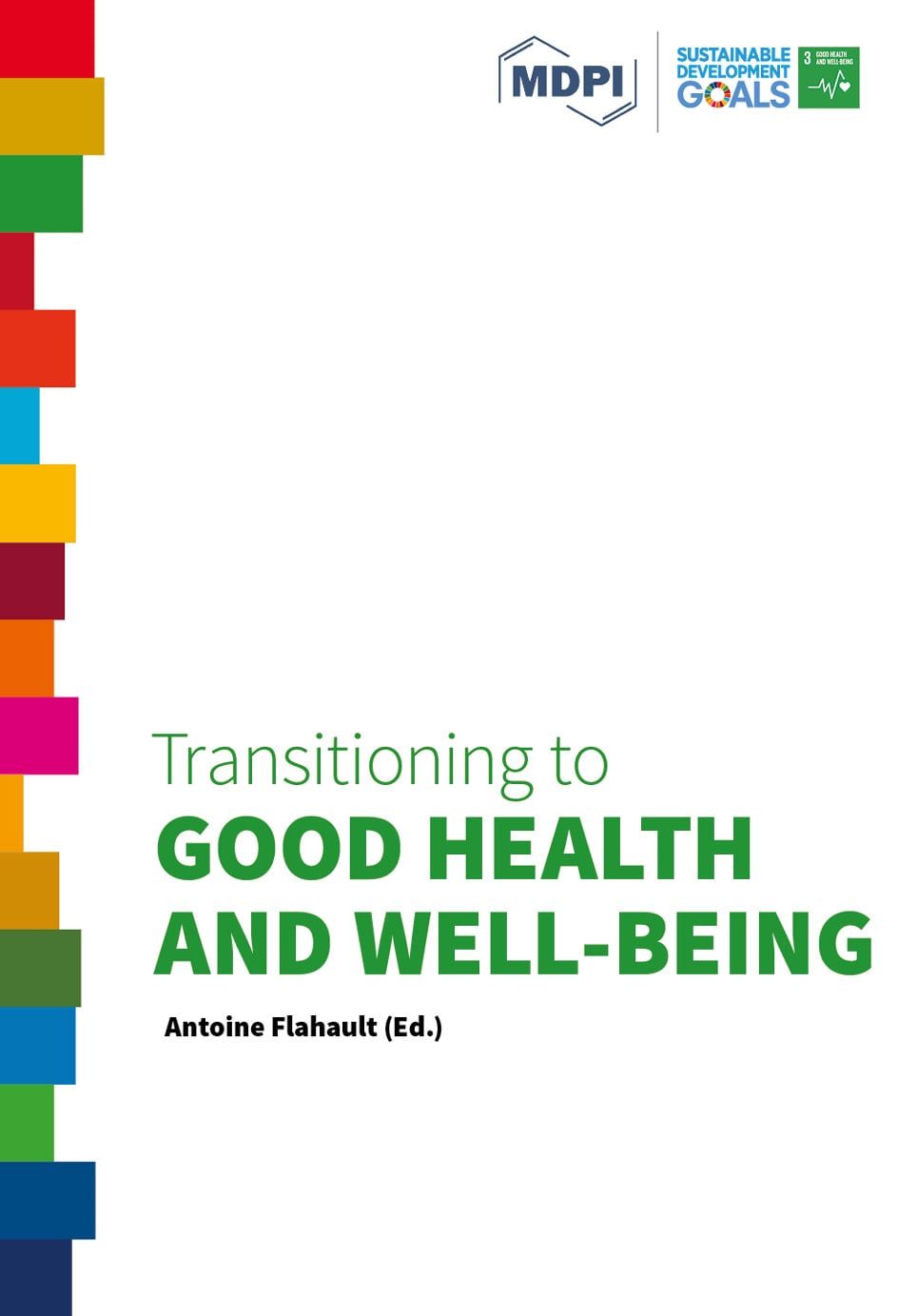On the Relationship between Health Sectors’ Digitalization and Sustainable Health Goals: A Cyber Security Perspective
The healthcare system’s efficiency and effectiveness depend on policies and procedures, such as the rapid and goal-directed exchange of health-related information between its different actors. In recent years, more national healthcare systems approached sustainable health benefits for their populations by digitalization. Despite numerous advantages such as the improved availability of medical services, their improved quality and cost-effectiveness, new vulnerabilities threatened the trust in the healthcare system. Healthcare institutions are a primary target for cyber attacks and have the stigma of being a particularly easy prey for malicious actors, due to the relatively low levels of problem awareness and preparedness. We argue that cyber threats pose a new challenge to reach sustainable health goals and have to be considered an imminent part of all healthcare development strategies. Cyber threats in the healthcare sector can have detrimental acute effects in times of national crisis, hybrid warfare, or international conflicts above or below the threshold of war. In peacetime and in western democracies, however, breaches of data that were processed by private or public bodies undermine the public trust in these institutions. Public awareness and scepticism therefore influence policies around the digitalization of healthcare, and this consequently affects the development of institutions at the frontline of healthcare and achievement of sustainable development goals. The chapter further discusses the relationship of working towards sustainable health goals, public trust and data security with the example of the Estonian e-health system, where leading principles such as cyber security, transparency, and patient’s data autonomy are prioritized.
